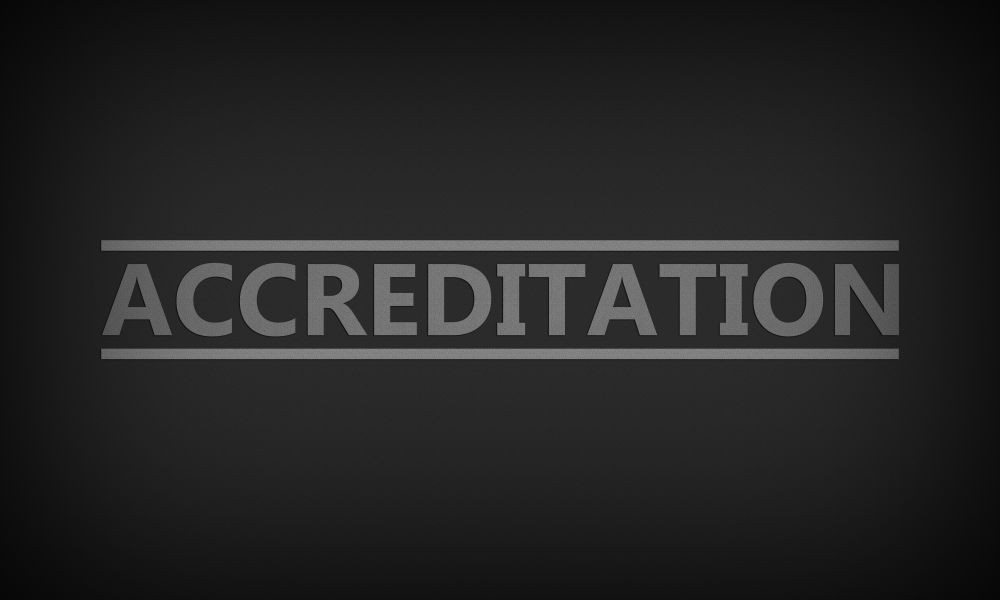Summary of International Montessori Council Accreditation Self-Study Ratings
There are a variety of reasons we are seeking accreditation as a Montessori school:
- Guaranteed quality;
- Program assurance;
- Accreditation ensures that standards represent a consensus of values, and that standards and procedures are fairly and consistently applied;
- Accreditation is one of several means used in identifying programs for the potential investment of public and private funds, and for determining eligibility for federal student assistance;
- Professional Credibility;
- The Montessori field gains enhanced credibility through the accountability provided by accreditation. Certifying bodies and state agencies are assisted in the process of issuing professional credentials, registration, or licensure.
We decided to undergo the International Montessori Council accreditation program because they work with the variety of trainings our teachers have, from veteran teachers who have been with us for 20+ years to recently certified teachers, rather than requiring all of our staff to have one particular certification. We have been impressed by the quality and availability of their teacher certification programs. IMC leadership is highly responsive to questions regarding any aspect of leading a Montessori school. They are recognized as an accreditation commission by MACTE, the Montessori Accreditation Council for Teacher Education.
Update:
We have completed the ratings of the IMC Accreditation self-study and are currently working on the narrative portion and gathering the evidence for each standard. Thank you to the parents and teachers who met with the committees to assess FMSL on the five standards: Vision and Purpose, Governance and Leadership, Education, Resources, and Cycle of Continuous Improvement.
Our goal is to complete the IMC Accreditation and in the process to reflect on our school practices, policies, and communications in order to better improve how we fulfill our mission, goals and vision and how we serve our stakeholders (students, parents, teachers, staff, community).
Highlights from the Committee meetings and ratings
Things we are doing well:
- Peace Curriculum: parents on different committees expressed how they can tell we practice what we preach. Their children come home and practice the tools they learn in the work it out process of the classroom.
- We have clearly defined and well-documented policies and procedures to ensure the integrity of the school’s Montessori program and effective school operations. We continually ask for input from stakeholders in a variety of ways (meetings, surveys, emails, town halls, etc.) to better reflect on how to meet the needs of a dynamic community while all the while upholding Montessori principles.
- We are committed to having trained teachers in each classroom and providing professional development opportunities for all staff each year, which allow us to stay informed about best practices in Montessori education.
- We stay true to the multi-age classrooms according to Maria Montessori’s planes of development, taking a great deal of time each spring to engineer balanced classrooms from the combination of returning and new students. In doing so we also ensure that the ratio of adults to children facilitates the development of children’s independence and autonomy.
- We have uninterrupted work cycles in the mornings and afternoons, another major tenet of Montessori philosophy.
- Our prepared environments, in common spaces as well as classrooms, are pleasing to the eye, enticing to children, and developmentally appropriate. We have the full complement of Montessori materials in each classroom.
- We have a developmentally-customized, unified curriculum, with integrated studies and a spiraling curriculum where materials teach different concepts to different ages. We employ a variety of instructional and assessment strategies that are engaging, experiential, and responsive to individual student needs.
Things we need to work on (areas that are currently undergoing development and therefore need ongoing monitoring to measure the effectiveness of the current systems and any modifications or addition that may need to be implemented):
- Documenting our process of reviewing, revising, and communicating our vision and purpose, as it relates to Montessori philosophy, to community stakeholders. Some teachers and parents may not be aware of all the ways our vision and purpose permeates what we do on a variety of levels.
- Administrative leadership is working on consistency in supporting the policies and procedures in place, as well as on the autonomy of the School Director and other Directors in decision making.
- We continually work on having enough fiscal resources to ensure that all faculty and staff positions will be maintained as needed to support the school’s vision and purpose (tuition increases help with staff raises each year but we would love to pay staff more competitive salaries).
- We continually work on ensuring regulatory compliance, ongoing facility needs, and that potential hazards are assessed and addressed on a regular basis, and communicating that to stakeholders.
- We have implemented a written budget for each classroom, specialty class, and camp and extended day programs. We continue to work towards being able to share an annual report that incorporates a financial review with all stakeholders.
- We are continuing to work on assessing our educational and operational needs in order to budget effectively to provide adequate materials, media and information resources, and technological infrastructure.
- We are working toward creating and implementing a Strategic Plan and/or School Improvement Plan based on assessed data and stakeholder input.
Next Steps:
- Complete the narrative portions of the self-study by December 15.
- Gather required and supplemental evidence by December 15.
- Prepare for Onsite Visit in April 2020.
- Receive an accreditation status from the School Accreditation Commission: Full, Provisional (required actions that need to be completed and extra time to complete them), Deferred, or Denied.
- Review commendations, recommendations, and required actions of our accreditation status with stakeholders.
- Continue to use the feedback from this process to improve/enhance our programs. We will be required to submit an annual report to IMC each year after being accredited, detailing any changes in the five areas of the self-study and progress on the areas identified in our continuous improvement.
Prepared by Ramira Alamilla, October 2019
